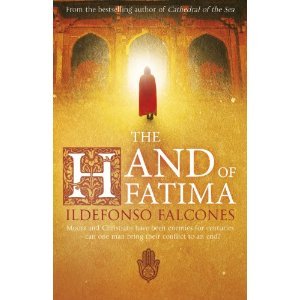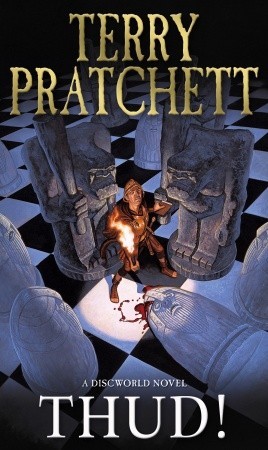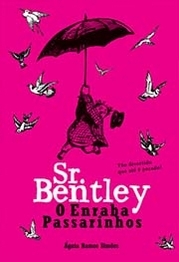Autores: Miyamoto Musashi e Yagyu Munenori
Sinopse: Here is one of the most
insightful texts on the subtle arts of confrontation and victory to
emerge from Asian culture. Written not only for martial artists but for
leaders in all professions, the book analyzes the process of struggle
and mastery over conflict that underlies every level of human
interaction.
The Book of Five Rings —which has become a well-known classic among American business people, studied for its insights into the Japanese approach to business strategy—was composed in 1643 by the famed duelist and undefeated samurai Miyamoto Musashi. Unlike previous editions of The Book of Five Rings, Thomas Cleary's is an accessible translation, free of jargon, with an introduction that presents the spiritual background of the warrior tradition. Along with Musashi's text, Cleary translates another important Japanese classic on leadership and strategy: The Book of Family Traditions on the Art of War by Yagyu Munenori, which highlights the ethical and spiritual insights of Taoism and Zen as they apply to the way of the warrior.
The Book of Five Rings —which has become a well-known classic among American business people, studied for its insights into the Japanese approach to business strategy—was composed in 1643 by the famed duelist and undefeated samurai Miyamoto Musashi. Unlike previous editions of The Book of Five Rings, Thomas Cleary's is an accessible translation, free of jargon, with an introduction that presents the spiritual background of the warrior tradition. Along with Musashi's text, Cleary translates another important Japanese classic on leadership and strategy: The Book of Family Traditions on the Art of War by Yagyu Munenori, which highlights the ethical and spiritual insights of Taoism and Zen as they apply to the way of the warrior.
Na minha opinião, o livro de Miyamoto Musashi é uma alternativa japonesa
à arte da guerra. O autor dá inúmeros exemplos, tanto para duelos como
para grandes batalhas, escritos numa linguagem simples e concisa. O
segundo manuscrito incluído, de Yagyu Munenori, centra-se mais na
filosofia da guerra e segue uma abordagem mais erudita. Ambas as obras
são complementares, já que se focam em diferentes perspectivas da arte
da guerra, e ambas igualmente válidas e relevantes. É difícil dizer mais
sobre o livro sem entrar em detalhes discutidos no mesmo.
Recomendo a todos os que praticam artes marciais ou se interessam pelo tema.
Recomendo a todos os que praticam artes marciais ou se interessam pelo tema.
Classificação: 4 estrelas












